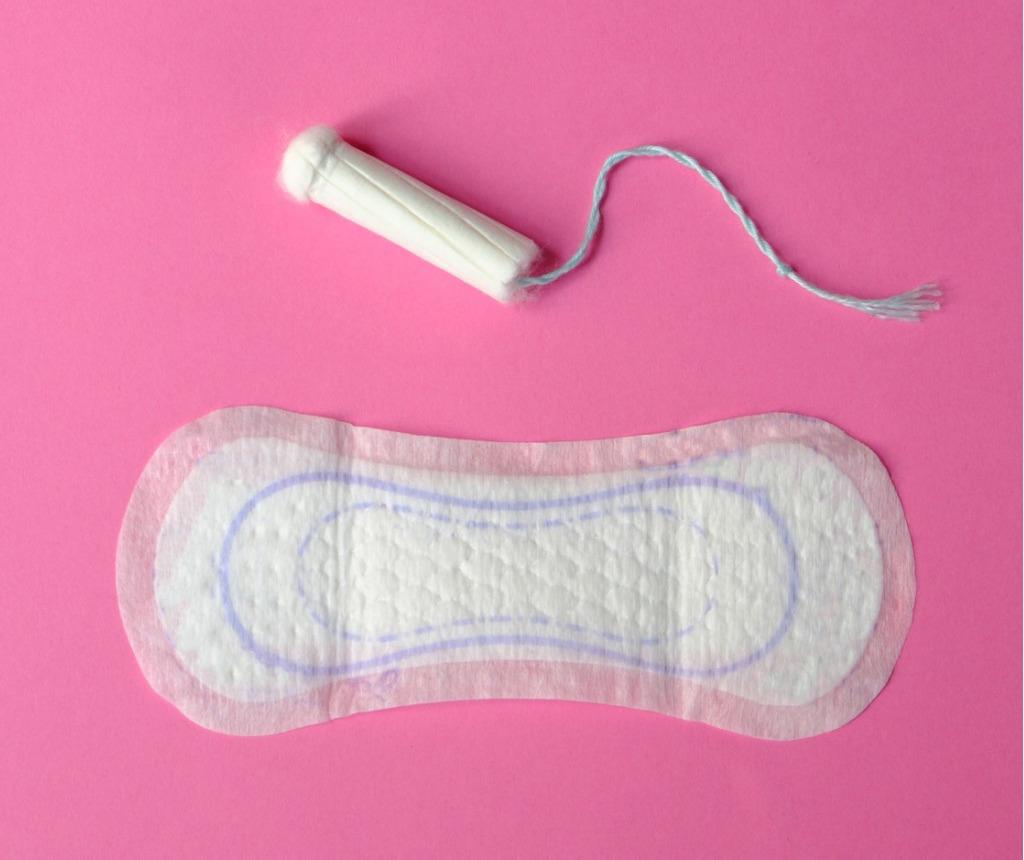Is it any wonder teenage girls are shunning sports because of their periods?
It might cost money from the public purse to refit the changing rooms of a secondary school. How much more is it costing to put so many girls off sport and exercise for life?


There’s not an adult woman reading this who can’t remember the cringing shame of the rustling of a tampon wrapper in the school toilet cubicle. That painstaking process of peeling a sanitary towel from its plastic cover, millimetre by millimetre, lest a ripping sound be overheard and give you away.
Worse still, how it felt to trail around with the constant fear that a period – perhaps your first, perhaps an irregular cycle – would arrive heavily and without warning, leaving visible evidence of your lack of preparedness. Let’s be brutal with the truth: having a period at school was a bloody nightmare.
Yet the 1990s, when I first had to adjust to the messy ritual of being female, were a very long time ago. Since then, the culture of body positivity and the openness facilitated by social media has had a huge, welcome impact on how periods are discussed in public and how women feel about managing their own sexual and menstrual health. The publication of Emma Barnett’s 2019 book Period marked this watershed moment when it made the bestseller lists.
Yet sadly, nothing seems to be changing for younger girls. Data gathered by the Youth Sport Trust has revealed that more than a third of schoolgirls are put off engaging in school sports by their frustration of their periods and attitudes to their bodies. And the situation is getting worse: 37 per cent of girls surveyed by the charity said their periods stopped them from getting active in school last year, up from 27 per cent in 2018-19.
A further third also said they felt unconfident taking part in sport due to being watched by others. In the week that Adele has been publicly chastised for the henious crime of getting her exercise programme wrong, that’s not a childish reaction. Women’s bodies are being watched and commented upon all the time; girls see this for what it is at a young age.
But why, when women barely a decade older are celebrating their periods on TikTok and swapping period pant recommendations on Twitter, do girls still feel this way? What is it about menstruation during the teen years that girls find so difficult? After all, uncomplicated periods are no barrier to participation in sport; in fact, some sports such as swimming are known to be beneficial in helping ease menstrual cramps and the symptoms of PMT, which can be particularly fierce during the already hormonally-charged teen years.
It’s not their bodies that are the problem, but the environment around them. Girls feel physically uncomfortable with their bodies inside school, and they don’t want to draw attention to them by changing their clothes or making adjustments – because they are bleeding while they move.
Frankly, I don’t blame them. We rarely afford teens the privacy and discretion that we take for granted in adult life. Go to a gym, whether a luxurious private members affair or the local community facility, and in the changing rooms there will be choice: an open, shared space for those comfortable with it, and private cubicles for those who prefer to change without eyewitnesses.
Toilet cubicles in offices are now regularly designed as small individual rooms with floor to ceiling walls and doors. Why do we still expect teenage girls, who are just getting used to the changes their bodies are going through, to share stalls and strip to their underwear in open locker rooms? Why do we make them exercise in unflatting, uncomfortable regulation school PE kit – described by some girls surveyed as “skimpy” – rather than offering the choice of sports kit to wear to fit their shape, including good quality sports bras?
Puberty will always be fraught with confusion and embarrassment, but if adult women are finally shrugging off generations of shame associated with our bodies, then we owe it to younger girls to help them do the same; and earlier than we ever managed. It might cost money from the public purse to refit the changing rooms of a secondary school. How much more is it costing to put so many girls off sport and exercise for life?
The Youth Sport Trust is now asking girls what would make a positive difference to their experience of physical education. A good start would be to always treat them as the young adults they already are.

Join our commenting forum
Join thought-provoking conversations, follow other Independent readers and see their replies